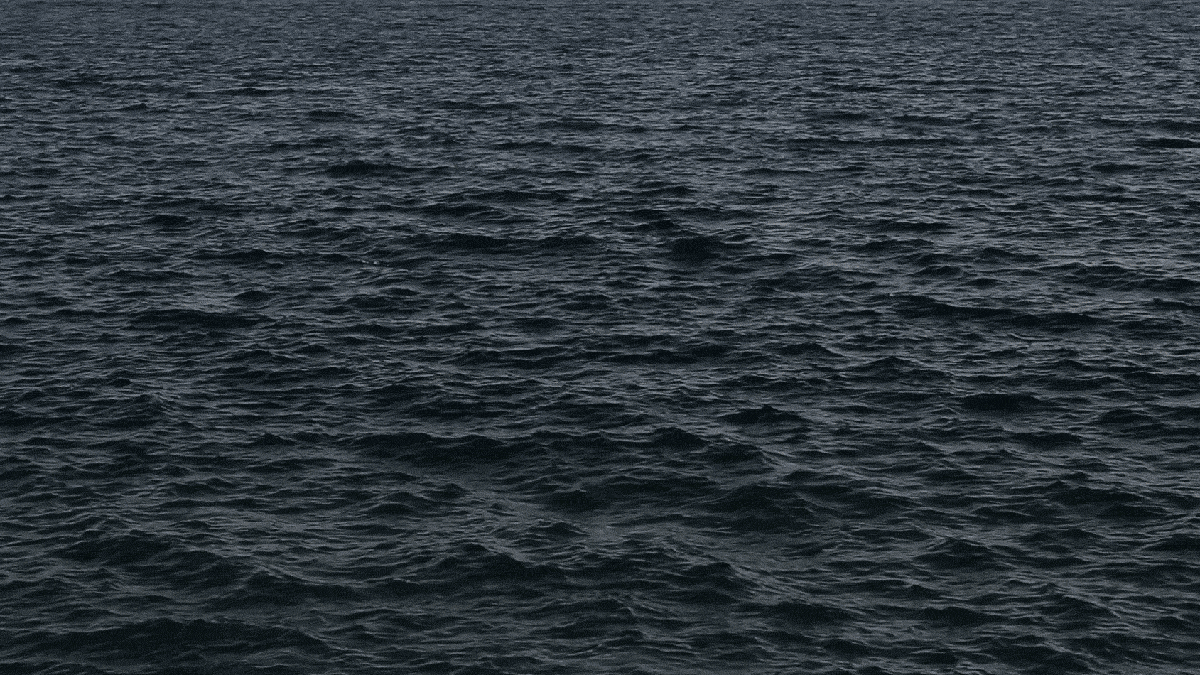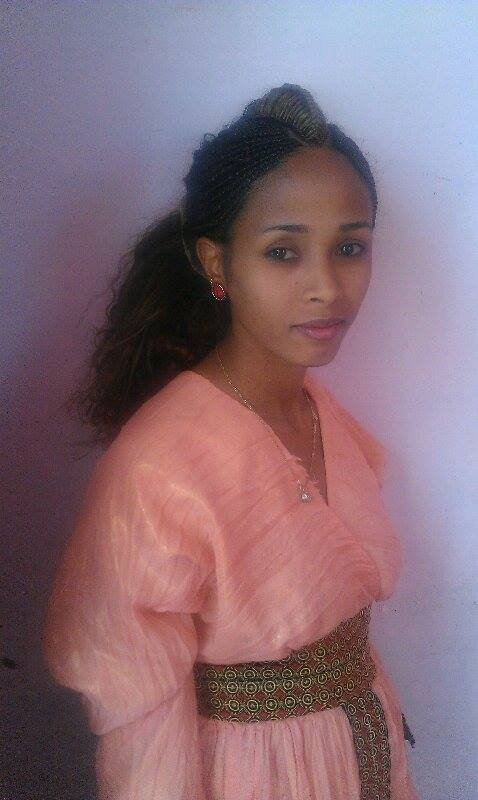243 missing persons: young people, women and children. No one cares

Sichiamava Segen. In the early morning hours of June 28,2014, he had boarded a boat in Libya, along with his younger daughter, Abigail. Segen was 24 years old and a slim physicist; the little Abigail, almost two years old, the chubby cheeks and a hair canopy rebellious. They were not alone on that boat: in all there were at least 243 people on board, all of them packed together as human goods.

Like most other passengers, Segen was also fleeing from Eritrea, North Korea of Africa, one of the most repressive regimes in the world. Everyone hoped to reach Italy, far from the difficulties of life in their country.
Segen telephoned her husband, Yafet, the day before he embarked. They had not been seen for four weeks. While Segen had crossed Libya with Abigail following a trafficker, travelling thousands of miles to the coast, Yafet had remained in Sudan. He would have reached his wife and daughter after their arrival in Europe. That was the plan.
The trafficker did not let them talk for long, only a couple of minutes. It doesn't matter, Yafet thought: they would have had time to feel calmly later, once Segen had arrived in Italy.
They would never be affected again.
Yafet and Segen had met nine years earlier in a bar in Asmara, the capital of Eritrea. He was in the second year of her superiors, she was in the first year, and the local sanctuary was the usual meeting place for schoolmates.
It wasn't a good idea for girls and boys to come together too much, so teenagers were often in groups to give cover to their girlfriends. This was how Yafet and Segen came together: accompanying a couple of friends who could be seen secretly. And when the couple needed some privacy, Yafet and Segen spent their time chatting with each other. Little by little, he began to fall in love with her.
When we started talking.... not in a single day, but over the course of months, I began to notice many things I liked about her: her way of speaking, laughing, her smile, says Yafet. I fell in love and asked her to become my girlfriend.
Yafet was born in 1987, the youngest of seven children. His father was a physics teacher at high school and his mother taught typing. They lived in a four bedroom house in a wealthy district of Asmara. At that time, Eritrea was at the end of a thirty-year war for independence from Ethiopia and the families of the educated middle class such as Yafet were destined to form the backbone of the new nation.
Freedom came in 1993, but optimism did not last long. Since 1998, an increasingly fierce new conflict with Ethiopia has claimed more than one hundred thousand victims in two years. The leadership of President Isaias Afewerki was questioned and his response was to suppress any dissent, also banning privately owned national newspapers and imprisoning any of his opponents. He has been in government since then.
Today, Eritrea is one of the most repressive regimes in the world: many cases of torture, forced labour, arbitrary arrests, imprisonment in isolation, extrajudicial executions and enforced disappearances are documented. The primary control mechanism of the regime is the national military service, which is compulsory for all: citizens are enrolled for an indefinite period, often throughout adult life, forced to work in government enterprises, practically without pay. There are severe restrictions on freedom of expression, association and religion.
Even though Yafet was only a teenager at that time, the early days of repression remained well impressed on his memory. After understanding what was happening, he could not stop thinking about it.
I asked my mother: Mom, why is all this happening?", he tells us today. My mother told me to be silent, not to speak like this when I was away from home. But I am in my own country, I am just asking a question about what is going on, because I can't say anything? Then I saw what happened to those who asked such questions.
Today, more than 400,000 people - one out of every 16 Eritrean citizens - have left the country.